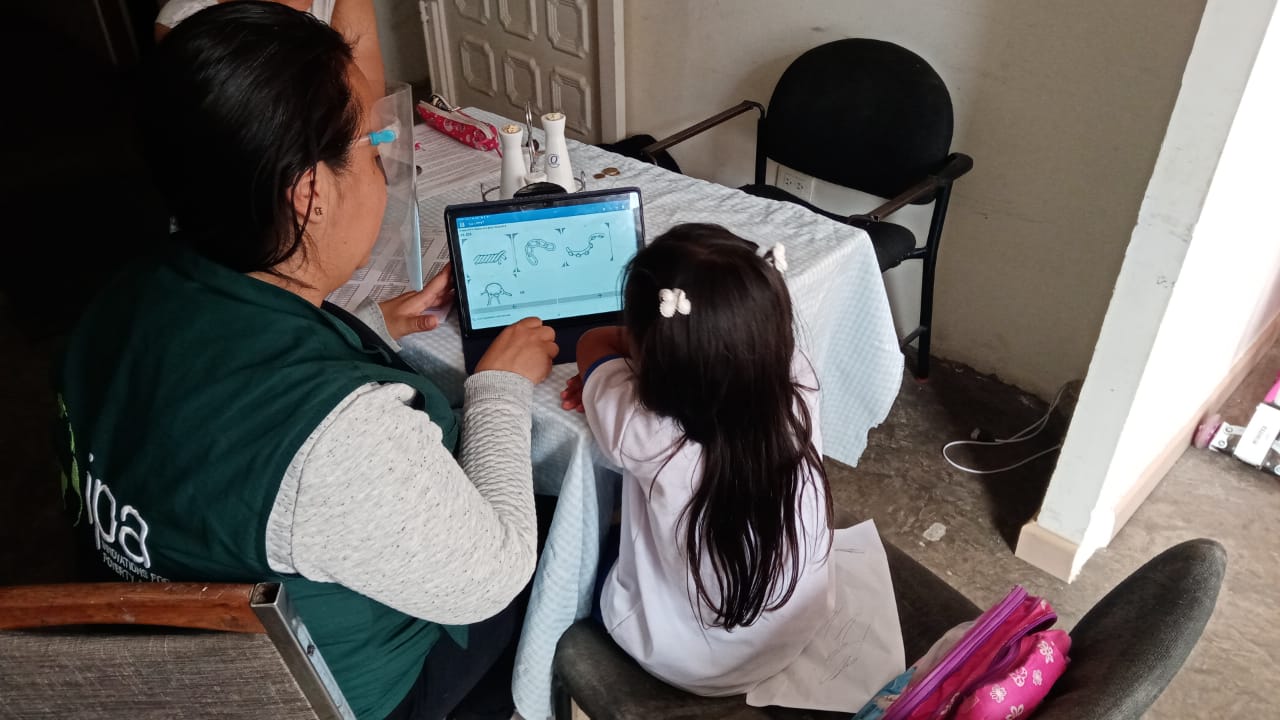By Jenna Somers
Earlier this year, researchers at Vanderbilt University and William & Mary published an experimental study that found that students admitted to quality public-private partnership schools in Bogotá, Colombia, known as Schools in Administration, scored higher in cognitive and social-emotional skills than students of similar socio-economic and demographic backgrounds who applied but were not admitted to these schools.
As Colombia seeks to leverage Schools in Administration to use public resources more efficiently to provide a better-quality education to students from low-income backgrounds, it is critical to know whether they offer long-term positive outcomes.

Supported by a three-year, $1.35M grant from the United States Agency for International Development (USAID) and a $150,000 grant from The Abdul Latif Jameel Poverty Action Lab (JPAL), the research team is expanding the study to understand whether the positive effects of these schools continue or fade out over time. They also want to assess the quality of principals’ managerial skills and the decision processes of potential applicants to the schools.

“Prior studies have shown that in some cases the benefits of public school alternatives fade out over time, but we hypothesize that the positive effects we found from one treatment year will persist because the private providers are of good quality,” said Felipe Barrera-Osorio, associate professor of public policy, education and economics at Vanderbilt Peabody College of education and human development.
The schools offer several key benefits that may contribute to their effectiveness, including employing more full-time psychologists and providing more professional development training to teachers compared to traditional public schools.
To test the sustainability of the schools’ positive effects, the research team will study three separate cohorts who began attending the school sometime between this year and four years ago and whose progress has been monitored over these timeframes.
In the previous study, the research team compared families who chose not to apply to Schools in Administration with families who did apply. Now the researchers will also interview families before the application process opens to understand how families find information about the schools and decide whether to apply to a School in Administration. Knowing this information could help inform targeted outreach to potential applicants in the future.